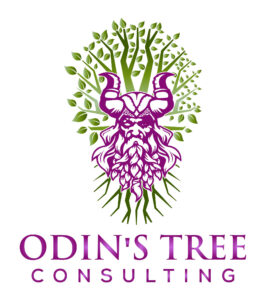In the contemporary corporate landscape, the integration of training and development with performance management is not just an operational choice, but a strategic imperative. The core values of an organization serve as the guiding principles that shape its culture, inform its practices, and drive its success. Herein lies the profundity of linking training and development to performance management—by aligning these endeavors with the organization’s core values, companies can create a powerful synergy that fosters employee growth, satisfaction, and superior performance.
The Bedrock of Core Values
Core values are the essence of a company’s identity—they embody the beliefs and principles that the organization stands for. When performance management is rooted in these values, it ensures that all employees are striving towards a common goal. This alignment is crucial because it sets a clear benchmark for what is expected of each individual within the company. Employees are not merely evaluated on the basis of their output, but also on how well their behaviors and decisions resonate with the company’s ethos.
Addressing Deficiencies through Tailored Training
It is inevitable that some employees may fall short in embodying the core values or lack certain skills that are pivotal for their roles. Instead of penalizing these staff members, forward-thinking organizations direct them towards tailored training and development programs. This approach is significant for two reasons. Firstly, it demonstrates the organization’s commitment to nurturing its workforce, reinforcing a culture of continuous improvement. Secondly, it provides a structured opportunity for employees to enhance their competencies and align more closely with the organization’s core values, thereby improving their overall performance.
The Power of Career Path Outlining
Career path outlining is another critical element that ties into the nexus of training, development, and performance management. By providing employees with a clear roadmap of their potential growth within the company, organizations can significantly boost motivation and engagement. When individuals understand how their career can progress, they are more likely to invest themselves fully in their work and in the development opportunities presented to them.
Knowing that their efforts and commitment to personal and professional development are recognized and can lead to advancement, employees are encouraged to perform at their best. This not only aids in retention but also helps in attracting top talent who value career progression and personal growth.
Impact on Employee Performance
The symbiotic relationship between training, development, and performance management has a profound impact on employee performance. With training programs that are closely tied to performance evaluations based on core values, employees receive targeted development that addresses both their needs and the organization’s expectations. This specificity ensures that training is not a one-size-fits-all endeavor but a personalized growth experience that empowers employees to excel in their roles.
Moreover, when employees see a clear link between their development, career progression, and adherence to core values, it fosters a sense of belonging and purpose. This, in turn, translates into higher levels of job satisfaction, reduced turnover, and a more engaged workforce that is committed to driving the organization towards its strategic objectives.
In conclusion, the importance of intertwining training and development with performance management cannot be overstated. By building these processes on the foundation of core values and providing clear career paths, organizations can create a nurturing environment that promotes excellence and aligns individual aspirations with the company’s vision. The result is a robust, value-driven culture that not only attracts and retains talent but also propels the organization towards sustained success and a competitive edge in the marketplace.




